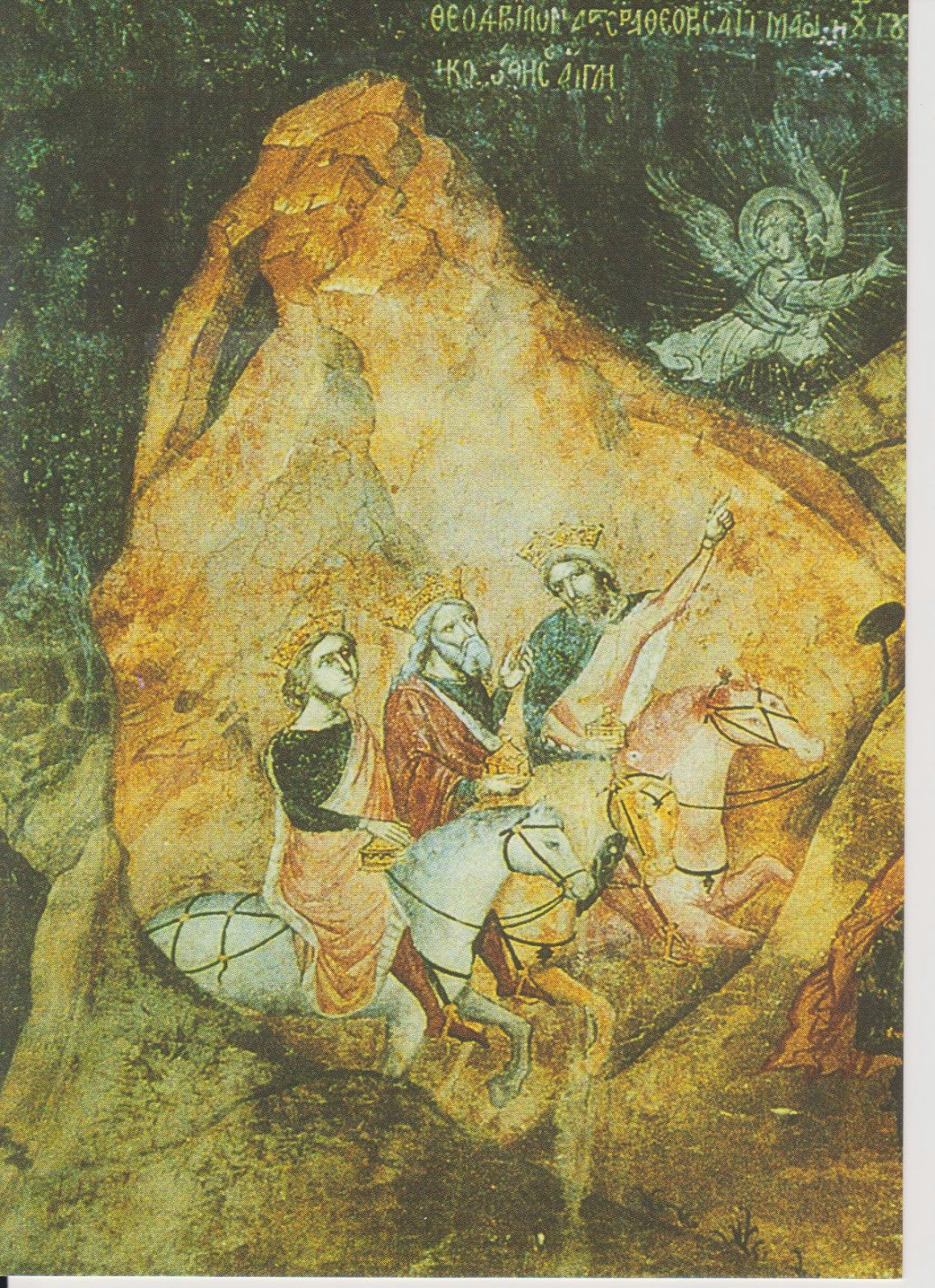2nd Epiphany
Luke 2, 41-52
Every year his [Jesus’] parents went to Jerusalem
for the feast of the Passover. And when he was twelve years old, they took him
with them. Now after they had gone there and fulfilled the custom during the
days of the feast, they set off on their way home. But the boy Jesus remained
behind in Jerusalem. His parents did not know this; they thought he was among
the company of the travelers. After a day’s journey they missed him among their
friends and relations. When they did not find him, they returned to Jerusalem
to look for him.
After three days they found him in the Temple, sitting in
the midst of the teachers, listening to them and asking them questions. And
those who heard him were amazed at his mature understanding and his answers.
And when they saw him, they were taken aback, and
his mother said to him, “My child, why have you done this to us? Behold, your
father and I have been searching for you in great distress.”
And he said to them, “Why did you look for me? Did
you not know that I must be and live in that which is my Father’s?”
But they did not understand the meaning of the
words he spoke to them. And he went down with them again to Nazareth and
followed them willingly in all things.
And his mother carefully kept all these things living in
her heart. And Jesus progressed in wisdom, in maturity and grace [favor] in the
sight of God and man.
2nd Epiphany
Luke 2: 41-52
 In the life of a plant, there is a long period when green
leaf follows green leaf. But then, after some time, something new appears—the
color-filled blossom, shaped like a star.
In the life of a plant, there is a long period when green
leaf follows green leaf. But then, after some time, something new appears—the
color-filled blossom, shaped like a star.
In our lives as well, there are long periods when things hum
along in the same way. And then an event occurs: a love found, a new baby, a
love lost. And then suddenly everything changes.
In the gospel reading, the parents journey to a new place;
they lose their child. What they find after three days is someone who is now
utterly changed. He is transformed. From then on, life for them all will be
totally altered. For the Child has His destiny, as do we all. His star has
arrived; He must follow its course.
It will be long before any of
them understand where His path will lead. But already its character is
manifesting itself—as change, as transformation, as metamorphosis. And that
metamorphosis of the innocent child into the mature, grace-filled, wise
individual of inner stature is a journey we all take. It is a journey that
entails losses; but also immeasurable gains. For change and transformation are
the character of life. As the poet says:
these many years, decided not to go
home after all; what if it could
turn
left or right with no more ado
than a kite-tail? ….
And if it chose to lay itself down
in a new way; around a blind
corner,
across hills you must climb without
knowing
what's on the other side; who would
not hanker
to be going, at all risks? [1]
















